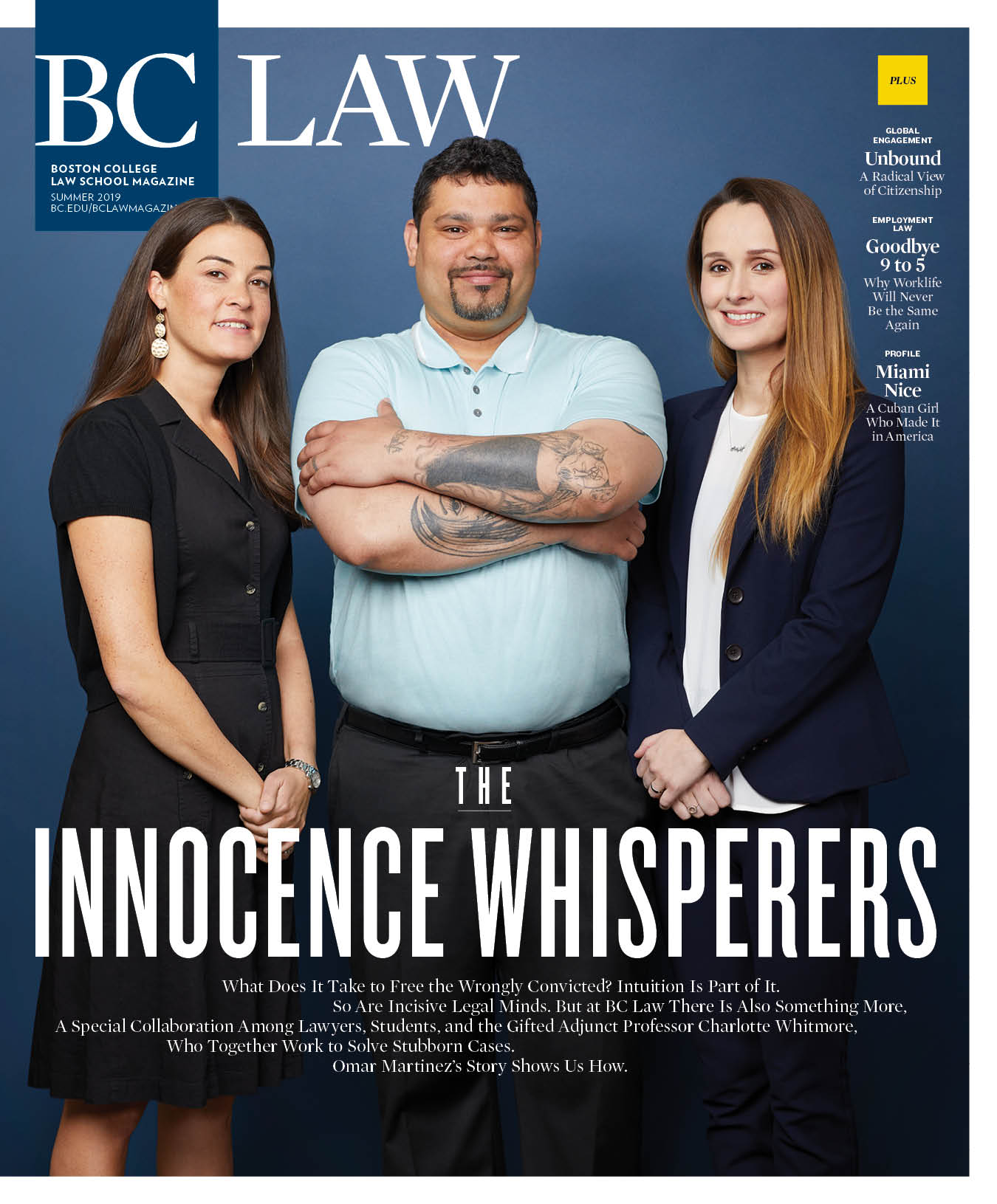Vlad Perju challenges the assertion that human rights were absent from the EU’s genesis. “On Uses and Misuses of Human Rights in European Constitutionalism,” his chapter in Human Rights, his Legitimacy, and a World in Disorder (Cambridge University Press), he writes:“[F]rom the beginning they were part of a comprehensive, effective, and normatively viable European legal order.”
Francine Sherman ’80, in “Gender, Justice, and Youth Development” (Oxford Handbook of Children and the Law), examines the juvenile justice system’s “disparate impact on black girls, girls with child-welfare histories, girls who experience violence in their homes, girls with mental and behavioral health issues, and girls and LGBTQ youth who were victims of sex trafficking.”
Daniel Lyons argues in “Narrowing the Digital Divide: A Better Broadband Universal Service Program” (UC Davis Law Review) that as more activities move to the internet, it’s imperative to help low-income Americans get online and to extend networks in underserved areas. He calls for “revolutionary, not evolutionary, change” and provides three initiatives that Congress should adopt.
Mary Holper ’03 offers a modest proposal for lawful permanent residents in “Promptly Providing the Need to Detain for Post-Entry Control Deportation” (Valparaiso University Law Review). She suggests that “for post-entry social control acts of deportation, immigration detainees must be brought promptly before a neutral judge to determine whether probable cause exists to hold them.”



